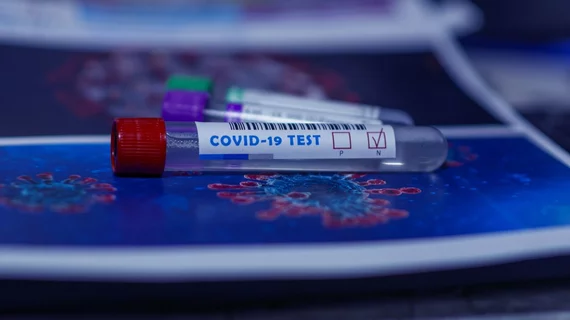7 reasons Slavitt is jazzed over rapid saliva test for COVID
Over the weekend the FDA issued an emergency use authorization to Yale School of Public Health for its rapid COVID saliva test.
Former CMS acting head Andy Slavitt, MBA, enthuses over the development in a Twitter thread he started Monday morning.
“This could be one of the first major game changers in fighting the pandemic,” he comments to begin the thread.
Slavitt then lists seven reasons for his high hopes in the test protocol, called SalivaDirect:
1. Saliva. “We don’t need to export it from Italy or run out. We don’t need to stick something 4 inches up a kid’s nostril,” Slavitt writes.
2. Profit—or the lack thereof. Yale is not going to sell SalivaDirect as a specialized kit because that would open the door to localized shortages. The method offers a way to “do tests with whatever equipment you have as long as it gets approved by Yale,” Slavitt points out. “The cost of the materials [is] about $4.”
3. Cadence. With costs so low, “you can test every day or every couple of days.”
4. Accuracy. “Official data shows 88-94%. If you assume 90% sensitivity, this is the best accuracy of any saliva test.”
5. Facilitation of wide testing for asymptomatic people. Schools, universities and office buildings “are all getting introduced to the test in the next few weeks.”
6. Turnaround time. The Yale protocol can be pooled for faster processing, Slavitt notes. “In addition, labs around the country will be able to do the test.”
7. Exponentially expanded test access. “For all these reasons [above], SalivaDirect should create millions more in test capacity.
There could be a catch: Some providers might try to charge $100 or more for a test that cost them under $10, Slavitt acknowledges.
“Public pressure and awareness is a part of this,” he writes. “This [EUA] should be a kickoff to a lot of new lower-cost, high-quality tests.”
Many voices have weighed in since Slavitt started the thread. Read the whole thing.

